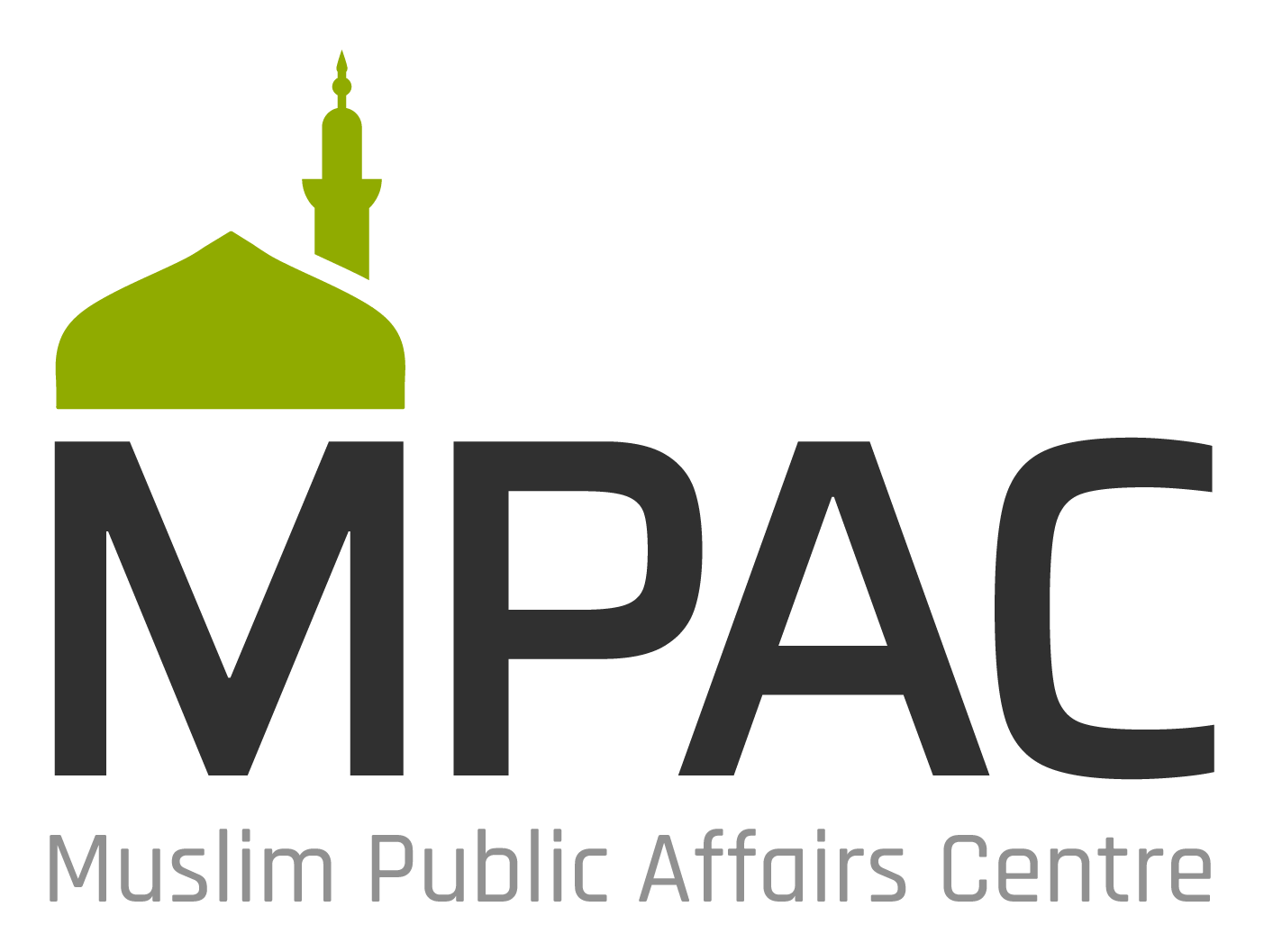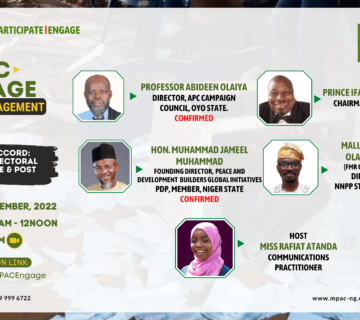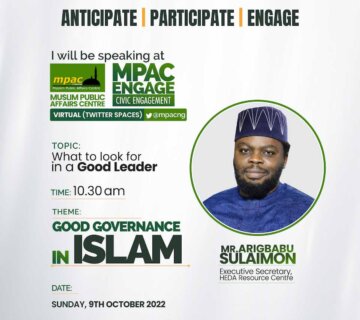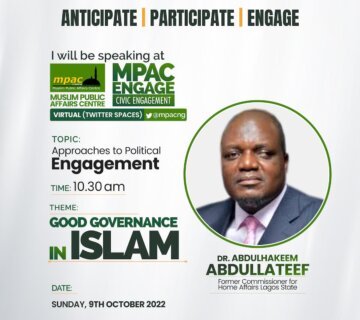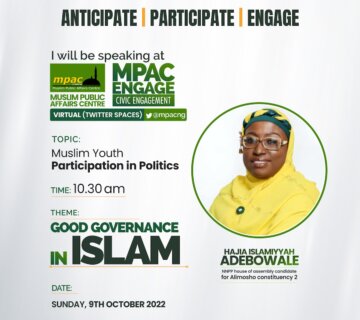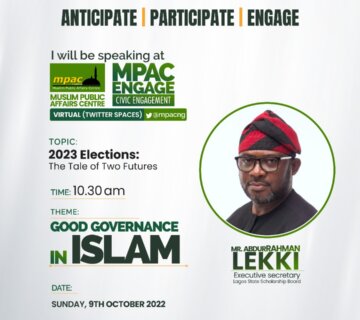Security Concerns on the Coming Polls
By Abdulwarees Solanke
Director of Media & Strategic Communications,
Muslim Public Affairs Centre, Lagos
Monday, 18 February 2019.
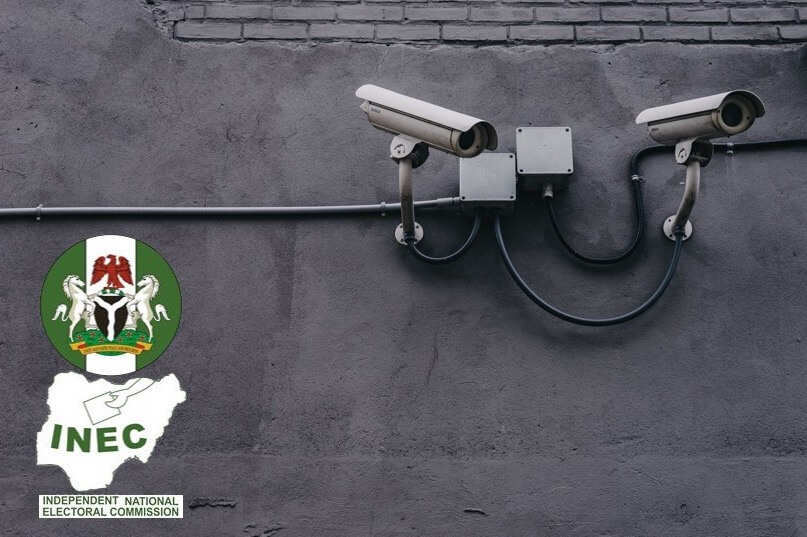
Mr Solanke published this opinion article in his weekly column at the defunct National Mirror, labelled “Mirror of The Moment”, in the run-up to the 2015 general elections. We are re-running the article because the issues raised are still germane to the extant situation in Nigeria.)
It is ever necessary to ask essential questions when completing a project to serve as a checklist of expectations to be met to assure the project’s success. Taking the knocking general elections as a project of national strategic importance, therefore, and considering security as a crucial component for its success, I here present a mirror, a mirror manufactured through the joint facilitation of two workshops by the Friedrich Ebert Stiftung and the Independent National Electoral Commission, INEC in 2010 and 2012.
The 2012 edition of the workshop with the theme: Security Challenges of Election Management: Matters arising From 2011 and Anticipating 2015 held in Abuja on August 2012 to review the security plans of the 2011 elections and prepare for the 2015 polls. Arising from the 2010 edition was the establishment of the Inter-Agency Consultative Committee on Election Security. As crucial as security is, I have heard less of the activities of this committee which ought to be as prominent as INEC and the political parties. I am also forced to ask, given the recommendations that emerged from the two workshops, whether INEC and all the stakeholders are truly committed to security during the general elections, barely a week from now.
At that workshop, the INEC Chairman Professor Attahiru Jega had rightly observed that security is indispensable to the conduct of free and fair elections. “From the provision of basic security to voters at political rallies and campaigns to ensuring that result forms are protected, the whole exercise is circumscribed by security considerations,” Jega said. Professor Lai Olurode, a National Electoral Commissioner and chairman of the board of the National Electoral Institute also noted pungently that managing election security is a cousin of managing an election.
“From the provision of basic security to voters at political rallies and campaigns to ensuring that result forms are protected, the whole exercise is circumscribed by security considerations,” –Former INEC Chairman, Professor Attahiru Jega
Mike Igini, a resident electoral commissioner in Cross River State had also deduced that the greatest threat to the current democratic dispensation in the country is election insecurity. He stressed, “any election management body truly concerned about securing elections must focus on software issues like building trust of stakeholders, ensuring the fidelity of technology used in the election process, educating the voters and other role players in assuring security and the institutionalization of a credible process through a reliable legislative electoral framework managed professionally with integrity and impartiality.“
Bringing some insight from Kenya, Lilian Mahiri-Zaja, the East African country’s vice chair-person independent electoral and boundary commission, observed that a major challenge which has remained persistent across the African continent, in its quest for improving democratization processes is that of ensuring that political campaigns, election logistics and voting processes are characterized by high level of security without which free and fair elections would be a mirage.
According to her, election security defines public and observers perceptions of the electoral process, without which free and fair elections cannot be guaranteed; democracy can neither prevail nor flourish. She outlined the dimensions of security in the electoral process to include that of the administrative establishment (INEC in the case of Nigeria),the commissioners, permanent and temporary staff; logistics ( movement of equipment, materials and personnel throughout the country, voting stations during preparations, during the actual polling, and in the counting and announcement of results; INEC logistic installations; the tallying stations when transporting and receiving results; members of the public during campaigns, voting and throughout the process and Data and reliability of transmission of results.
The connotation of security during elections in Nigeria is that there is a possibility of violence to be contained, disruption of polling to be prevented and stealing or hijacking of electoral materials to be averted. Latest media reports that the Federal government has commissioned over 2500 patrol vehicles including armoured personnel carriers for the police in preparation for the general elections is a clear suggestion of looming violence.
Speaking at the commissioning of the vehicles, the Inspector General of Police, Suleiman Abba declared that the police are “better prepared to present a stronger challenge against all forms of crimes which have been threatening public security and safety in the country”. According to him, the new patrol vehicles would strengthen the operational capacity of the force and boost its readiness for the elections.
Ideally, in a mature democratic setting, however, the concern is usually the effectiveness of logistics to ensure that electoral staff and materials are mobilized and delivered on time to their designations and the results are compiled and announced without delay. So far, every indication is that the nation has not learnt from the past when elections are considered as do or die affair. So when we should be simply concerned with the smoothness of process, the nation is enveloped with apprehension. With these insights, one can conclude that the responsibility for assuring the security of elections is not that of INEC alone, but a multi-stakeholder imperative for all in the polity.
Abdulwarees Solanke
Director, Media & Strategic Communications,
Muslim Public Affairs Center, Nigeria
abdulwarith.solanke@mpac-ng.org
References:
- “Security concerns on the coming polls, By Abdulwarees Solanke”, The Crest.
- Photo by Scott Webb on Unsplash
